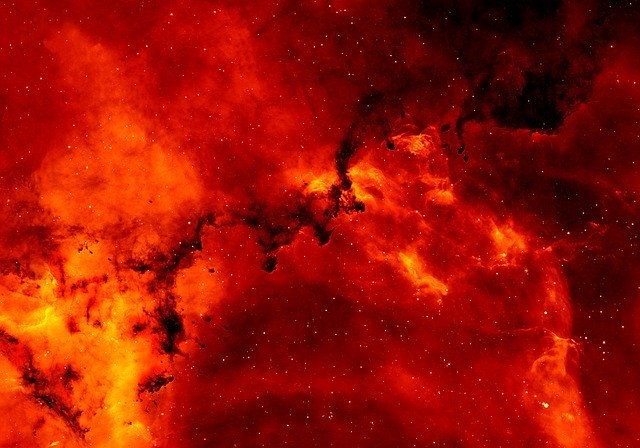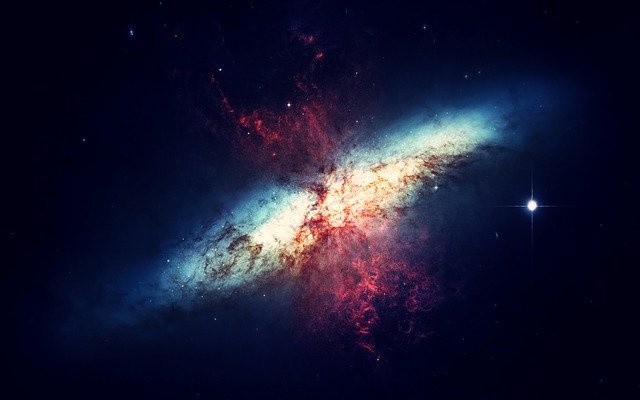According to CNET's latest report, scientists have discovered monster cannibal galaxies that have been feeding on smaller galaxies billions of years ago.
A research team investigated how some ancient, massive galaxies became so massive. They found out that these monstrous cannibal galaxies have probably been devouring other smaller nearby galaxies over billions of years.

According to the previous report of CNET, the nearby galaxy of Milky Way is also a cannibal galaxy. Although it was stated on the latest report that the galaxy where our solar system can be found is also a monster cannibal, Andromeda, Milky Way's neighbor, is on a whole different level. Will the monstrous cannibal galaxies also devour the Milky Way?
Monstrous cannibal galaxies are feeding on smaller galaxies scientists say: Will they also devour our galaxy?
The study was led by Anshu Gupta, a scientist of the ARC Centre of Excellence in All Sky Astrophysics in 3 Dimensions (ASTRO 3D).
Combining the data from observations of galaxies with the brainpower of supercomputers running model, the project was able to investigate how gases moved within the giant cannibal galaxies.

"We found that in old massive galaxies -- those around 10 billion light-years away from us -- things move around in lots of different directions," Gupta said in the report of Science in Public on Wednesday, April 22.
"That strongly suggests that many of the stars within them have been acquired from outside. In other words, the big galaxies have been eating the smaller ones," she added.
The Astrophysical Journal published the findings of the study this month, April 2020. Gupta and the other scientists compared the data on the ancient galaxies with the observations conducted on younger galaxies which showed that they have more orderly structures.
Gupta explained that the modeling revealed that the younger galaxies have had less time to merge with the others.
Kim-Vy Tran, co-author of the study, concluded that the galaxies' behavioral history shows that they continuously devoured smaller nearby galaxies which made them monstrous.
The Andromeda Galaxy, our galaxy's neighbor, is considered to be one of the monster cannibal galaxies.
According to the previous report of CNET, Dougal Mackey, a researcher at Australian National University, has conducted a study that observed the Andromeda Galaxy. It was published by the Journal Nature on October 2, 2019.
It showed that the nearby galaxy was cannibalistic in the past. The Andromeda Galaxy was revealed to have cannibalized smaller galaxies at least twice over the last 10 billion years.
There are no findings yet, however, if there is a chance that Andromeda Galaxy will devour our Milky Way galaxy. What will happen next is unpredictable.
Also Read: Scientists Discover An Ultra-Light Planet, So Light It Can Float in a Swimming Pool
ⓒ 2026 TECHTIMES.com All rights reserved. Do not reproduce without permission.




